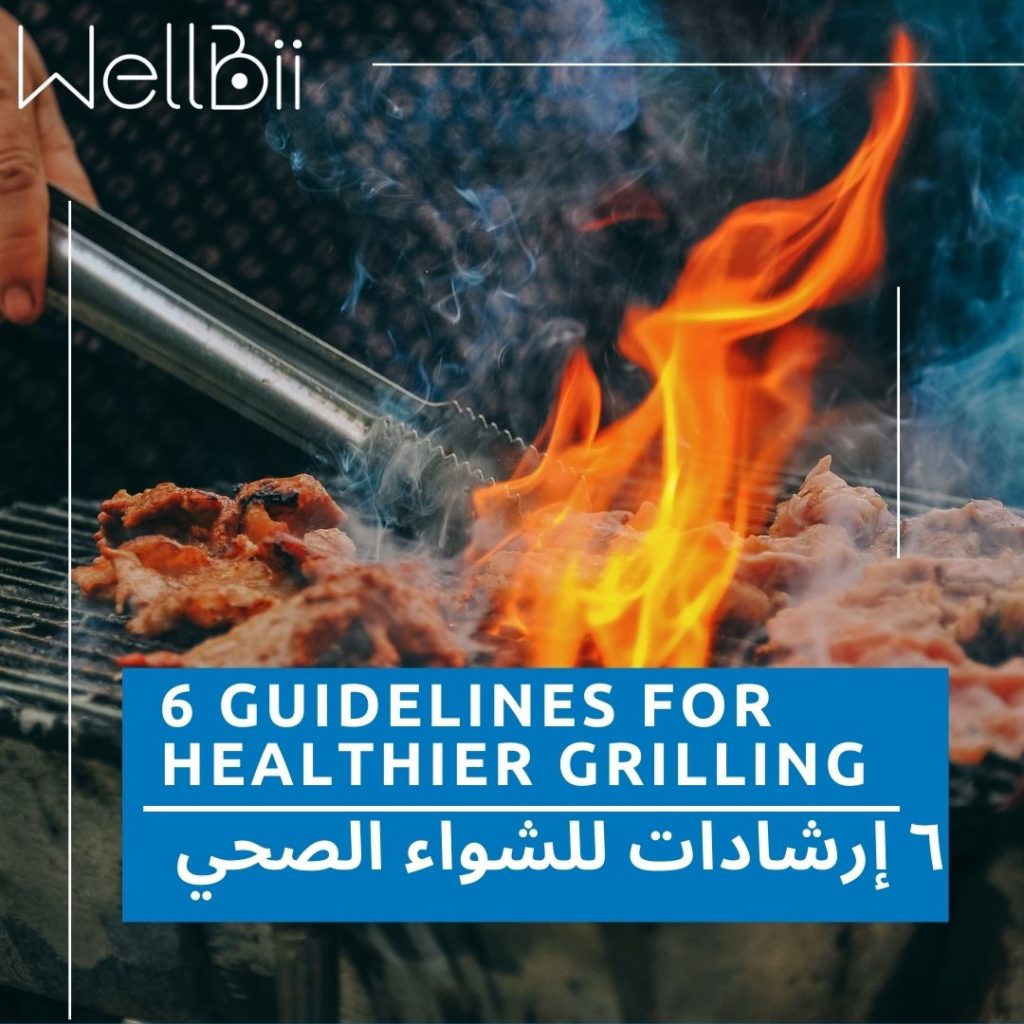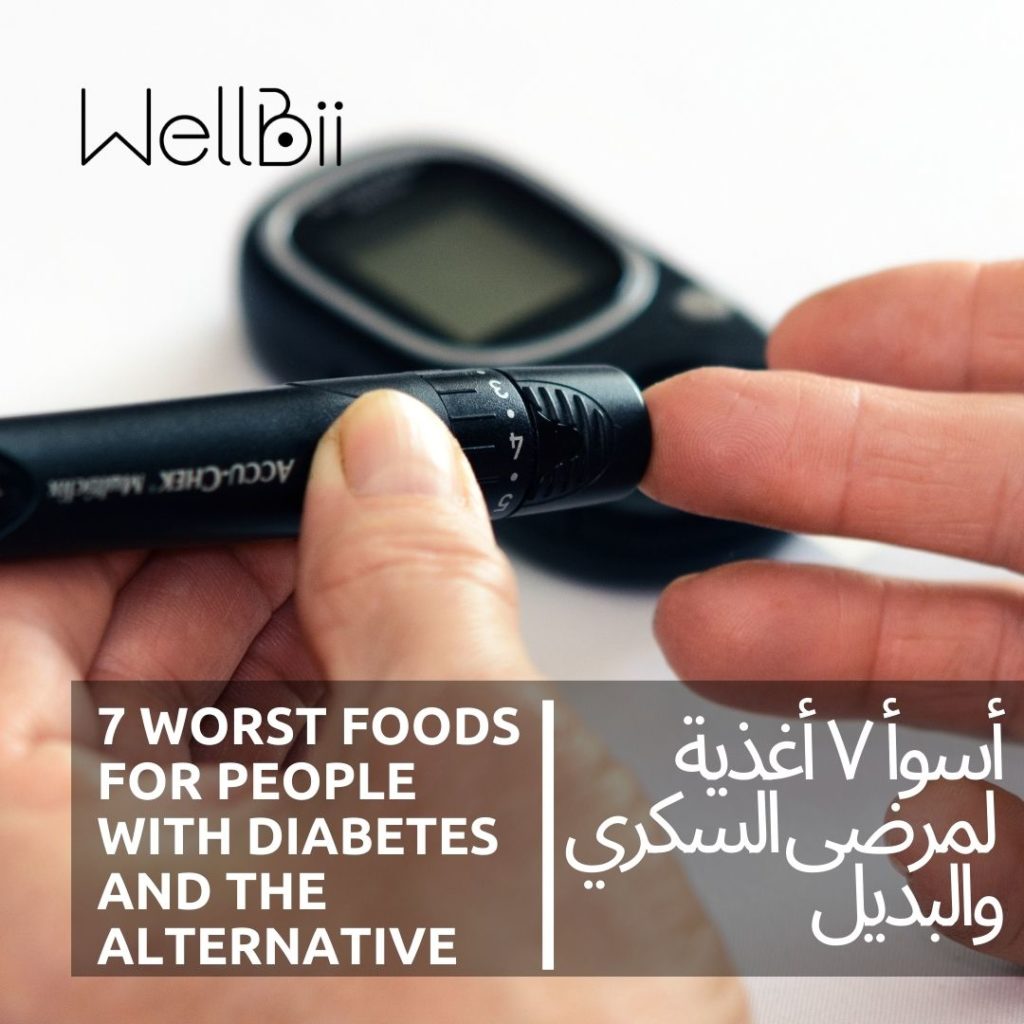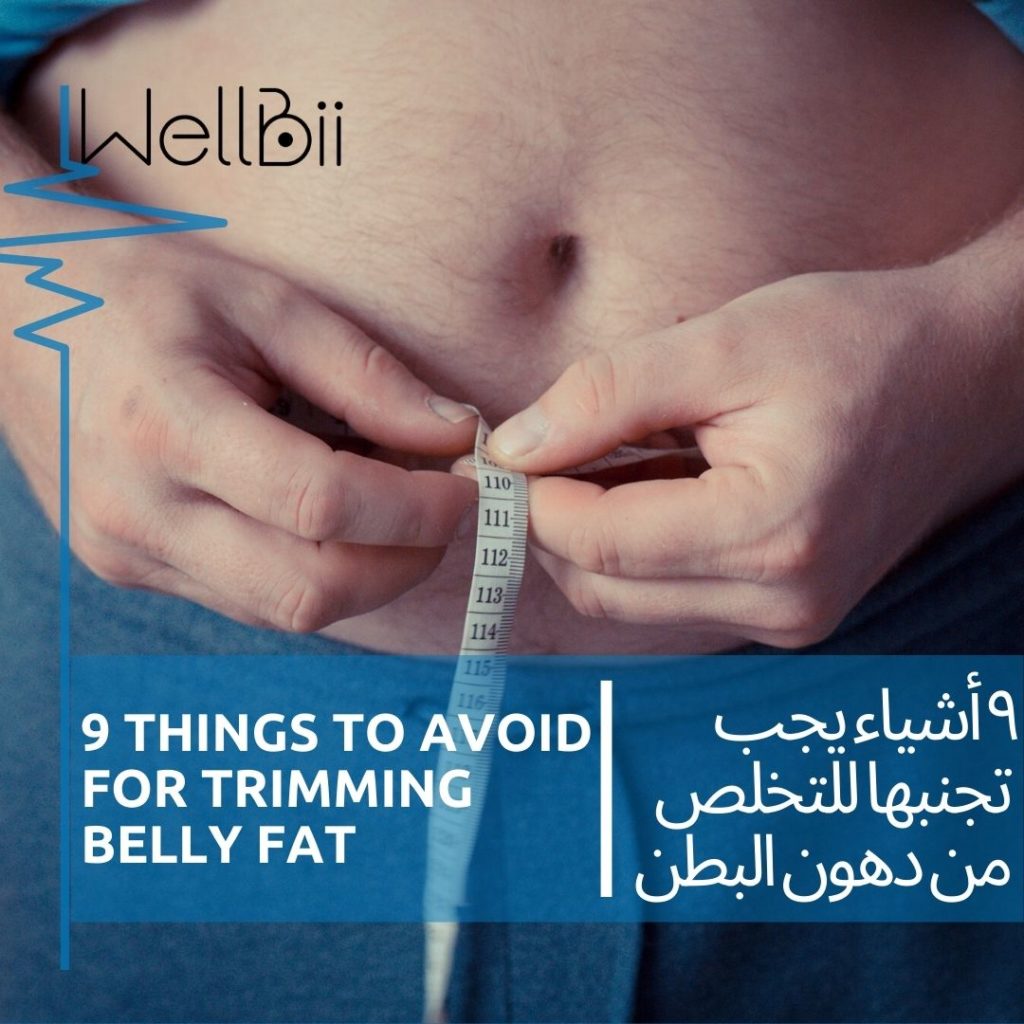6 GUIDELINES FOR HEALTHIER GRILLING

Research has suggested a link between grilled food and cancer, but you can cut down on that risk with these simple tips for healthier grilling.
Clean the grill
Scrape down your grill and grill pan when you’re done cooking to get rid of any carcinogenic residue that has build up. And make sure you get rid of any food still stuck to the grill. With a dirty rack, you run the risk of transferring those leftover chemicals to your food the next time you fire up the grill. It may help to use foil to help keep the grill clean and reduce flare by preventing juices/marinades from dripping or small veggies from falling in.
Mix it up
Try combining food groups—fruits, veggies and lean meats—for a well-rounded, grilled meal. The new plate model from the American Institute for Cancer Research focuses on making two-thirds or more of your plate come from plant foods, like those fruits and veggies, then beans, whole grains, nuts and seeds. One-third or less should come from animal protein. Kebabs are an easy way to bring together different food groups. Then you can add non-grilled dishes—green salad, bean salad or a dish with whole grains—to complete the picture. The essence of your plate is going to be healthy compounds and meat is going to be kind of a side.
Avoid processed meats
Skip the hot dogs and sausages. They might taste good, but processed meat—which also includes corned beef, bacon, and beef jerky—has been classified as a carcinogen by scientists with the International Agency for Research on Cancer. They concluded that every additional 50 grams of processed meat (four strips of bacon or one hot dog) raised the risk of colorectal cancer by 18 percent.
For online coaching click here
Cut back on grill time
Cooking meat for a long time also leads to the formation of carcinogens, because you are exposing the food for a longer time to smoke and flames. Try fish, which cooks significantly quicker than chicken or beef–especially when cut into smaller portions. You can also cut back on grill time by precooking any meat in the microwave or oven. This reduces the time meat is exposed to that smoke and [reducing the chance] PAHs could form.
Practice frequent flipping
Push the coals to the edges of your grill, cook the meat in the center and flip it frequently. It can prevent smoke from directly hitting the meat. Flipping it does the same thing. This cuts down on PAH formation, which happens when fat and juices from the meat drip onto the fire, producing flames and smoke. In addition to grilling and pan frying, PAHs can also be formed when smoking meat.
Marinate your meat
A marinade acts like a barrier between your meat and carcinogens. This is a very critical step. Studies suggest that marinating meats for about 30 minutes before grilling can decrease the formation of HCAs. On the other hand, you don’t want sugar-laden marinades or fatty concoctions. These will simply go to your waistline, an added risk factor for type 2 diabetes, heart disease, and other health woes. Instead, try a mixture of oil, vinegar, lemon juice with herbs and spices to add flavor.
What is the most challenging thing about grilling?
For the full article click here






Responses